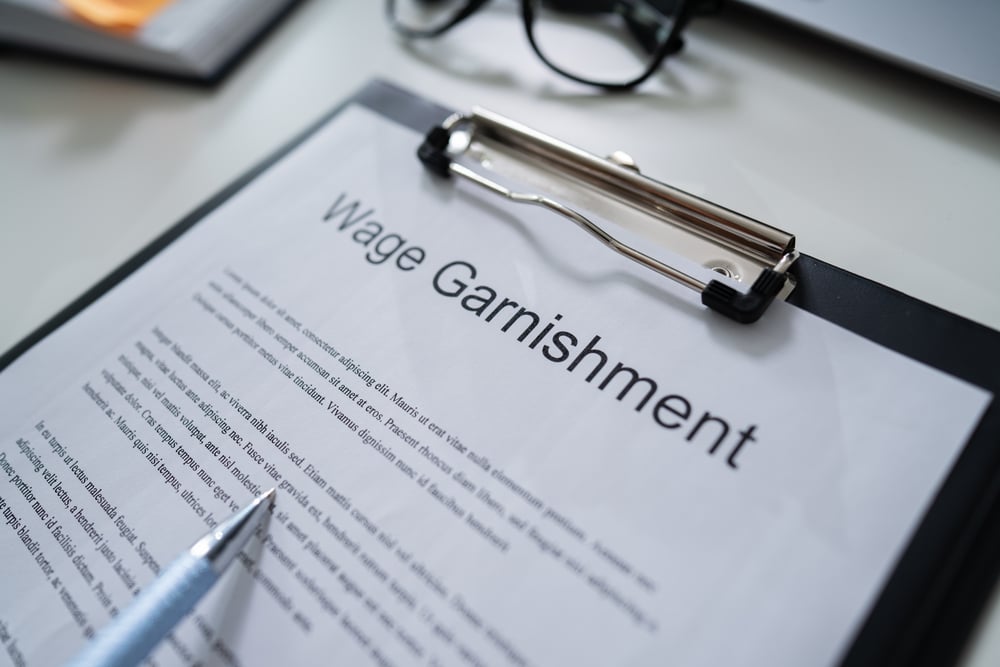
From start to finish, an IRS levy can take months, if not years to complete. After it notifies you of its intent to levy your earnings, the IRS can generally continue its collection efforts until it is paid in full.
Even so, you can protect yourself financially and legally by understanding how this process works. This information will help you determine if you should appeal the levy or if you can satisfy the debt through other means.
Levy Time Limits
In most circumstances, the IRS can continue to withhold money from your earnings until the entire debt is satisfied. If you owe a significant debt, it may take you years to pay off your default.
However, by law the IRS cannot collect on a tax debt that is more than 10 years old or on one that is currently under appeal. It also cannot levy your paychecks if you have filed for bankruptcy. In fact,if you disagree with the amount that you owe, you should file an appeal within 30 days of receiving the notice to levy.
Protocol Prior to Levy
If you do not plan to appeal the amount, you should still make sure that the IRS followed all of the protocol required for this action. By law, it must notify you in writing about its intent to levy your paychecks.It also must notify you in writing about the amount that you owe and your due process rights. After you receive this notification, you can dispute it through an appeal or you can file for an exemption in court. You can also offer to settle the debt by contacting the division of the IRS that sent you the notification.
Seizure of Assets
In addition to your earnings being levied, you may also be notified that certain assets may be seized to pay off the debt. For example, if you have a savings account, the IRS could put a lien on it and claim the money in that account.The IRS can also seize assets like:
- Retirement Accounts
- Stocks
- Inheritances
- Insurance Policies
- Real Estate
Credit Impact
Garnishments and tax levy cases are reported in public records. Public records in your name are then reported to your credit report. These records often have a negative impact on your credit score and could undermine your future efforts to secure new financing.While the IRS may not specifically list your account with it as being in default, the public record noting the levy will remain on your credit report for seven years. During that time, you may be unable to successfully apply for:
- Car Loans
- Mortgages
- New Student Loans
- Credit Cards
- Certain Types of Employment
- Rental Housing
If you are approved for any of these applications, you may be required to pay hefty deposits or pay higher interest amounts. Despite the levy being paid toward a tax debt instead of a hospital bill, credit card bill, or another type of unsecured debt, the implications of the collection activity can still have the same results on your personal credit.
From the time that the IRS begins its intent to levy your earnings to the time that the public record finally leaves your credit report, years have passed, and you have been left to deal with the levy's impact on your life. You can protect your money, your assets, and your future by knowing how the levy process works and how long it can take to play out until the debt is paid.




